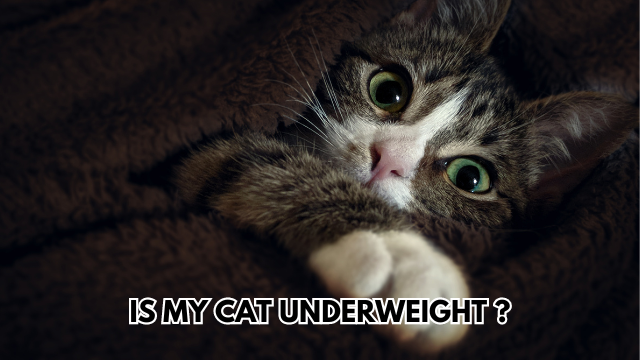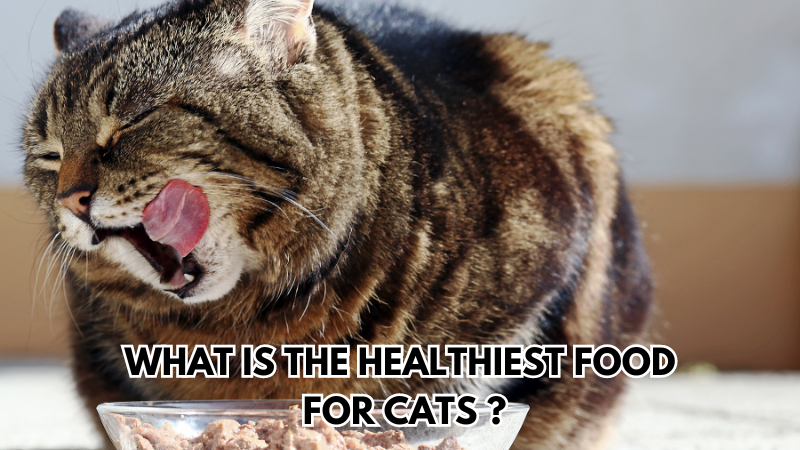Did you know that in the wild, cats are natural-born hunters and carnivores, surviving almost entirely on raw meat ? This might make you wonder, can your domesticated cat safely enjoy the same diet?
It’s a question that many cat owners are curious about, especially with the rising popularity of raw food diets.
While it might seem logical to feed your cat what their ancestors ate, the idea of feeding raw meat isn’t as simple as it sounds. In fact, many veterinarians have reservations about this trend.
In this article, we’ll look into whether cats can eat raw meat, explore the potential benefits and risks, and uncover why some vets are against it.
Whether you’re considering this diet for your feline friend or just want to know more, let’s get into it!
- The Benefits
- Why Some Vets Are Against It ?
- Alternatives to Raw Meat Diets
- What the Experts Say
- Practical Advice
- Bonus Tip
Can Cats Eat Raw Meat?
The short answer is yes, cats can eat raw meat. After all, cats are obligate carnivores, meaning that meat is an essential part of their diet.
In the wild, they consume small prey like mice, birds, and insects, which provide them with the raw proteins, fats, and nutrients they need.
These natural hunters have digestive systems that are built to process raw animal flesh.
However, just because they can eat raw meat doesn’t automatically mean they should.
While raw meat diets can offer certain benefits, such as high protein levels and less processed food, the topic is more complex than it seems.
The Benefits of Raw Meat Diets
Many raw food advocates claim that feeding raw meat to cats can lead to several health improvements. These include:
- Better digestion: Since cats’ digestive tracts are short and acidic, they’re designed to handle raw meat efficiently. Some owners report fewer digestive issues, such as less vomiting and firmer stools, when their cats are on raw diets.
- Improved coat and skin health: Raw diets, particularly those that include fresh, unprocessed meats, may enhance a cat’s coat and skin condition. Some cat owners claim their pets have shinier coats and fewer skin issues.
- Higher energy levels: Cats that eat raw diets may exhibit more energy, possibly because they’re consuming food that aligns more closely with their natural diet.
- Cleaner teeth: Proponents argue that chewing on raw meat and bones can help keep a cat’s teeth clean, which may lead to better dental health.
While these benefits sound appealing, they often come with serious risks that can’t be overlooked.

Why Some Vets Are Against Raw Meat for Cats
Despite the potential advantages, many vets strongly advise against feeding cats raw meat—and their concerns are backed by solid reasoning. Here’s why some experts are wary of this trend:
1. Risk of Bacterial Contamination
One of the most significant reasons vets discourage raw meat diets is the risk of contamination.
Raw meat can carry harmful bacteria like salmonella, E. coli, and listeria, which can cause severe illness in cats and humans alike.
Cats may be able to handle these pathogens better than humans due to their acidic stomachs, but they’re not immune.
In fact, even if your cat shows no symptoms, they can still become carriers of these bacteria, spreading them to your home and potentially to you.
According to the American Veterinary Medical Association (AVMA), this is a major concern when feeding raw meat to pets.
2. Nutritional Imbalance
Another reason many veterinarians are against raw meat diets is the risk of nutritional deficiencies. Simply feeding your cat raw chicken or beef isn’t enough to meet their nutritional needs.
Cats require specific nutrients like taurine, which is essential for heart health, and a diet that’s not carefully balanced can lead to serious health issues.
Vets emphasize that commercial cat foods are specifically formulated to include the necessary vitamins and minerals.
Without careful planning, a raw meat diet can lack these critical nutrients, leading to deficiencies over time.
3. Bone Risks
While bones can provide dental benefits, they can also pose dangers.
Small bones or bone fragments can cause choking, blockages, or even perforations in the intestines.
Vets caution that raw bones, in particular, can be brittle and break in ways that cooked bones don’t, increasing the risk of injury.
4. Parasites
Raw meat can sometimes contain parasites like toxoplasma, which can infect cats.
While toxoplasmosis isn’t always symptomatic, it can still cause illness, especially in kittens or cats with weakened immune systems.
This is another key reason why some vets are hesitant to support raw feeding.
Alternatives to Raw Meat Diets
If you’re intrigued by the raw diet but worried about the risks, there are safer alternatives:
- Freeze-dried raw food: Many pet food companies offer freeze-dried raw options. This process helps eliminate bacteria while retaining the nutritional benefits of raw meat.
- Commercially prepared raw food: Some brands offer commercially prepared raw diets that meet AAFCO (Association of American Feed Control Officials) standards, ensuring the diet is nutritionally complete and safe.
- High-quality wet or dry food: If you’re concerned about processed foods, look for premium cat foods with high-quality ingredients and fewer artificial additives.
What the Experts Say
According to Cornell University’s College of Veterinary Medicine, a well-balanced commercial diet that meets AAFCO standards is the safest and most effective way to feed your cat.
While raw diets might seem natural, the risks often outweigh the potential benefits when not managed carefully.
The American Veterinary Medical Association (AVMA) and PetMD also advise against raw meat diets due to concerns about bacterial contamination and nutritional imbalance.
It’s crucial to weigh these expert opinions when deciding what’s best for your cat.

Practical Advice: Should You Feed Raw Meat to Your Cat?
If you’re seriously considering a raw diet for your cat, the first step is to consult with your veterinarian.
They can guide you on how to balance raw feeding while ensuring your cat gets all the necessary nutrients. You might also want to explore commercial raw diets that are already formulated to be safe and nutritionally complete.
Remember, raw meat can carry significant risks if not handled properly.
If you decide to prepare raw food at home, make sure you practice proper hygiene, handle meat with care, and follow your vet’s advice to avoid health issues.
Bonus Tip: Always Start Slowly
If you choose to introduce raw meat into your cat’s diet, do it gradually. Sudden dietary changes can upset your cat’s digestive system.
Start by mixing small amounts of raw food with their regular diet, and watch for any adverse reactions like diarrhea or vomiting.
Slow and steady transitions are key to keeping your cat healthy!
Read:
In conclusion, while cats can eat raw meat, it’s essential to weigh the benefits against the risks. Consulting your vet and ensuring a nutritionally balanced diet is the safest approach if you’re considering raw feeding.
Watch Videos about Cat & Kitten Care on Youtube @naowthecat